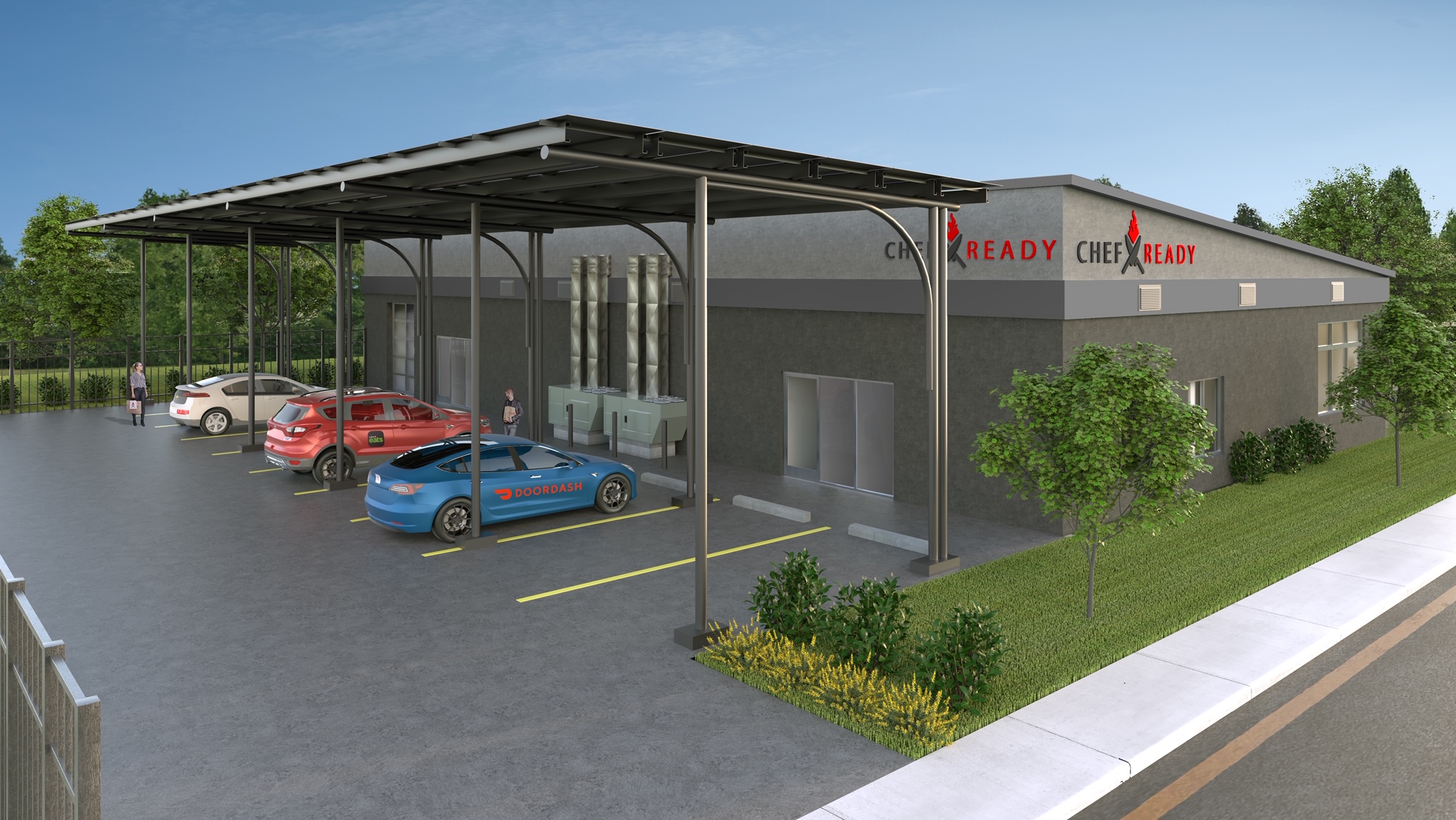By Nili Malach Poynter, co-founder of ChefReady virtual kitchens
Like any industry, the restaurant industry has a deep carbon footprint. The US throws away more food than any other country in the world, with nearly 80 billion pounds of food wasted per year – an estimated 30 to 40 percent of the country’s entire food supply. Meanwhile, restaurants also tend to use more electricity than the average commercial building.
In 2020, when we sat down to plan our first ChefReady “virtual kitchen” space in Denver’s Platt Park neighborhood, sustainability was paramount. How can we create a space for 10 kitchens that will generate less electricity and less waste than traditional brick-and-mortar restaurants? How can we and our 10 chefs be better stewards of our planet?
Earth Day 365
Housing multiple restaurant concepts under one roof is inherently more efficient than separate brick-and-mortar concepts, thanks to smaller square footage spaces and shared resources. However, we wanted to take additional measures to lessen our impact and make it more affordable for our chef tenants to operate their virtual concept.
Part of the appeal of virtual kitchens is that we’re disrupting the old model where a traditional high-investment, high-risk restaurant concept was the only avenue for restaurateurs and chefs. At ChefReady, we aim to be a more profitable route for chefs and restaurateurs, which means we need to provide cost savings at every turn – including electricity bills.
Building an extensive solar panel system was key. If you’ve come to our space or even just driven by it, you’ve seen the impressive, cutting-edge set-up from Buglet Solar. The custom steel canopy – with shaded parking underneath – collects energy on the top and bottom of the angled panels. The system is designed to not only build grid resiliency and store energy, but it’s also able to accommodate all the power necessary when all 10 kitchens are running their air conditioning units.
The custom steel solar panel canopy results in electricity savings of up to 25% for our tenants. The average home solar panel system is a 7kW solar kit, while this is a 30kW system. Each kitchen unit has individually controlled heating/air conditioning that is set by the tenants with sub-metered billing for each.
In addition to the larger investments, we’re proponents of the idea that if everyone implements smaller changes, it leads to big impacts. For example, our virtual kitchen space includes LED lights throughout the building, and we provide recycling and composting services for our tenants and visitors.
Here in Denver, we’re not alone in our commitment to sustainability. Some of our favorite nearby food and beverage earth-friendly initiatives that we want to highlight this Earth Day include:
- Ace Eat Serve is powered entirely by wind energy
- Somebody People uses wash-and-reuse glass to-go containers for takeout containers
- Mercury Cafe allows vines to grow over their windows and walls to help cool the building and absorb CO2.
To learn more about ChefReady and its available spaces, email hello@chefready.com.









